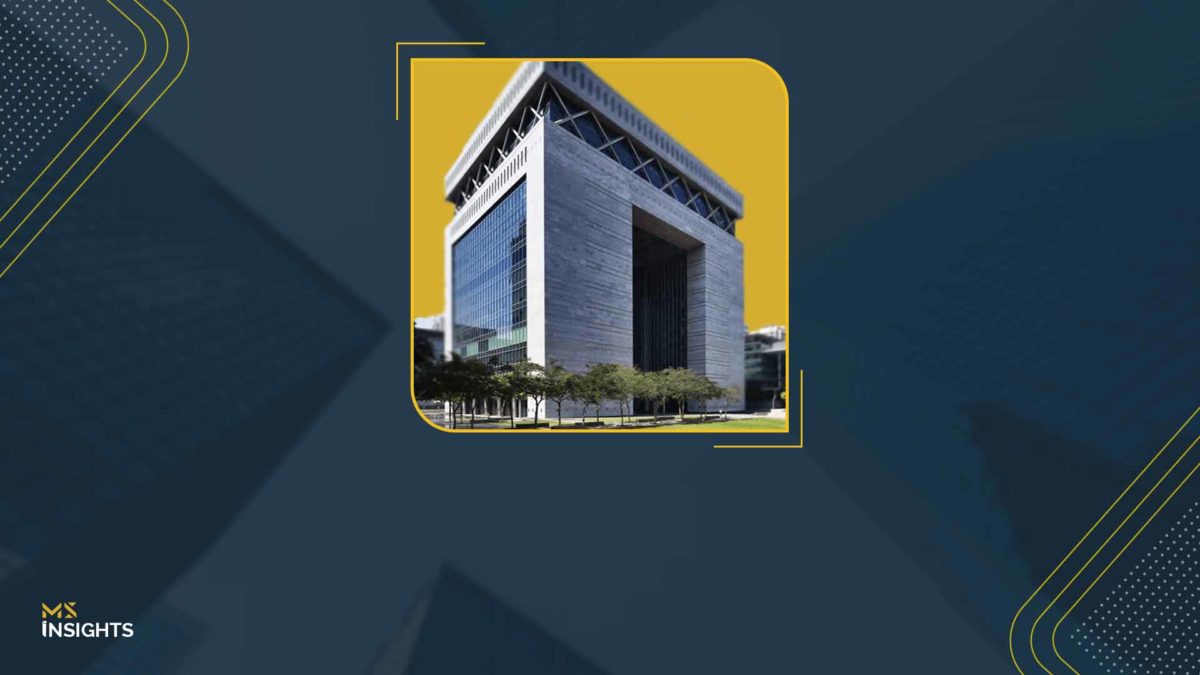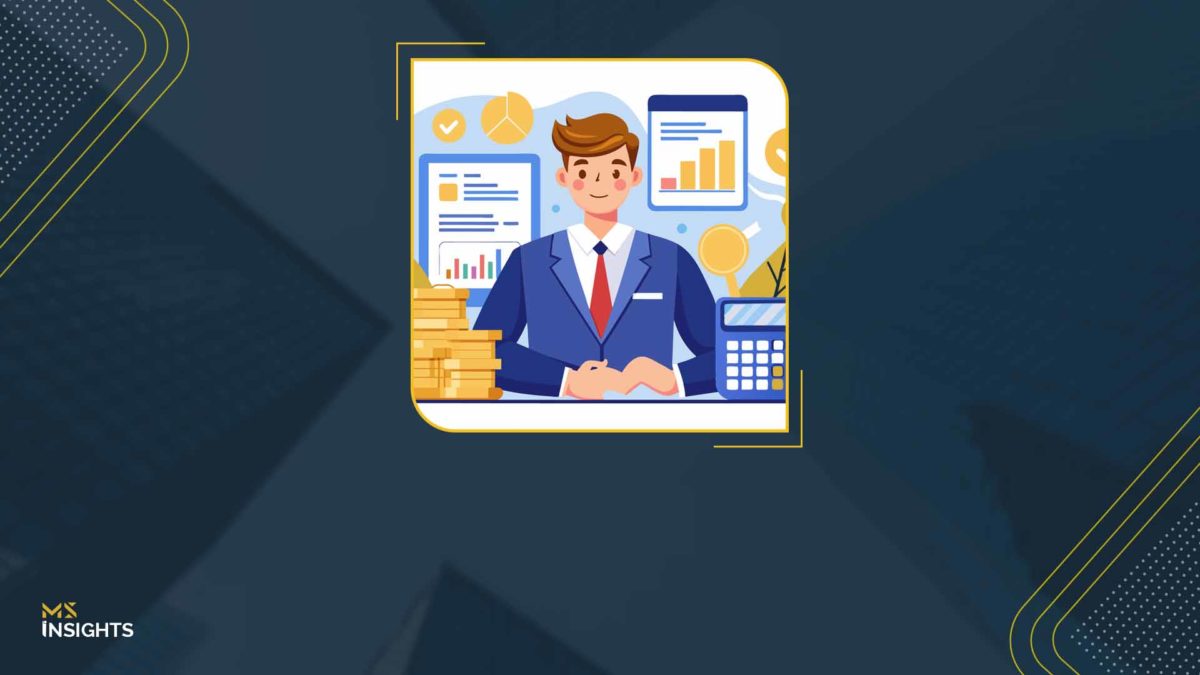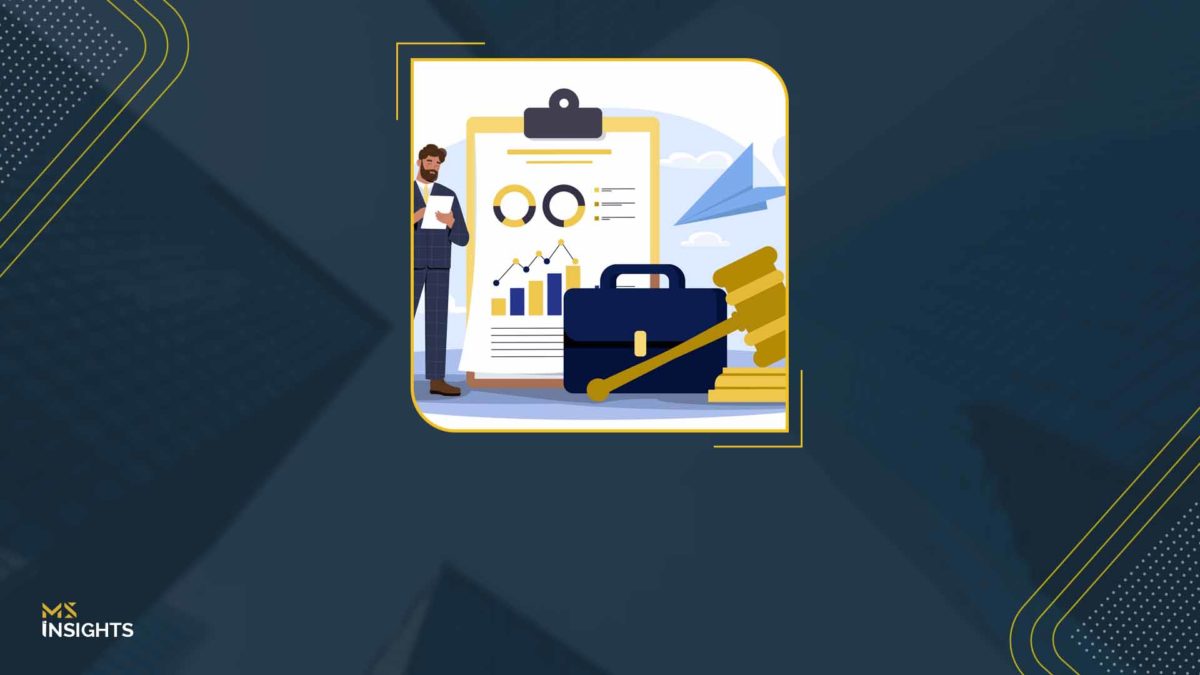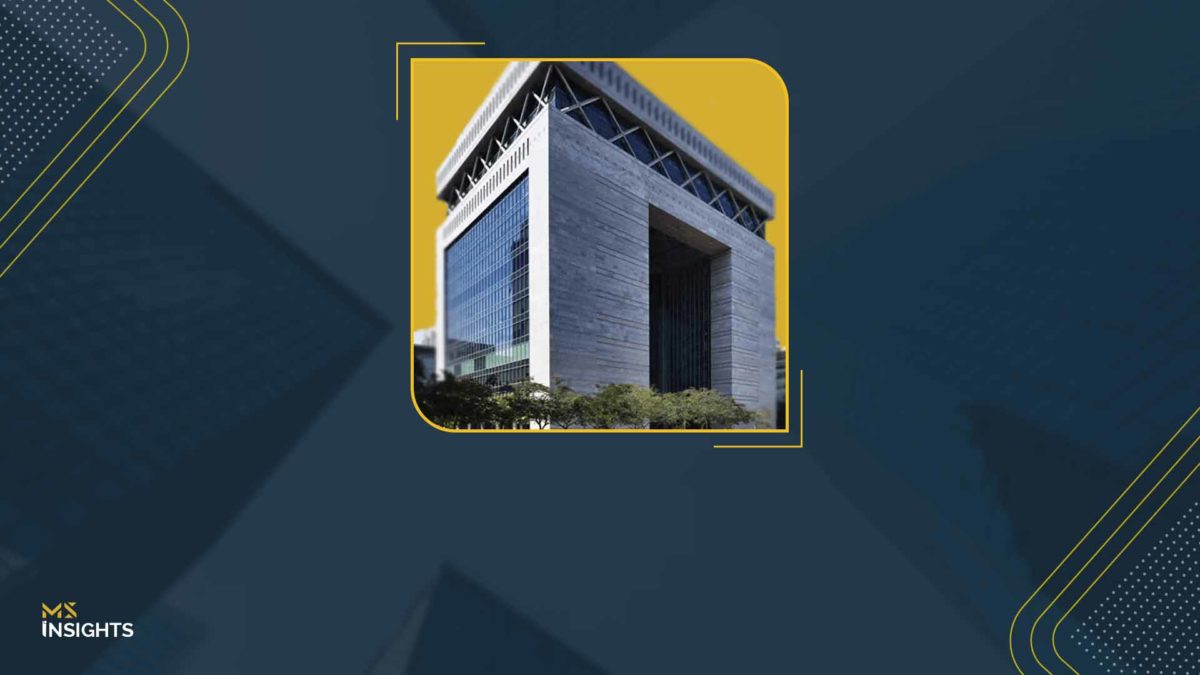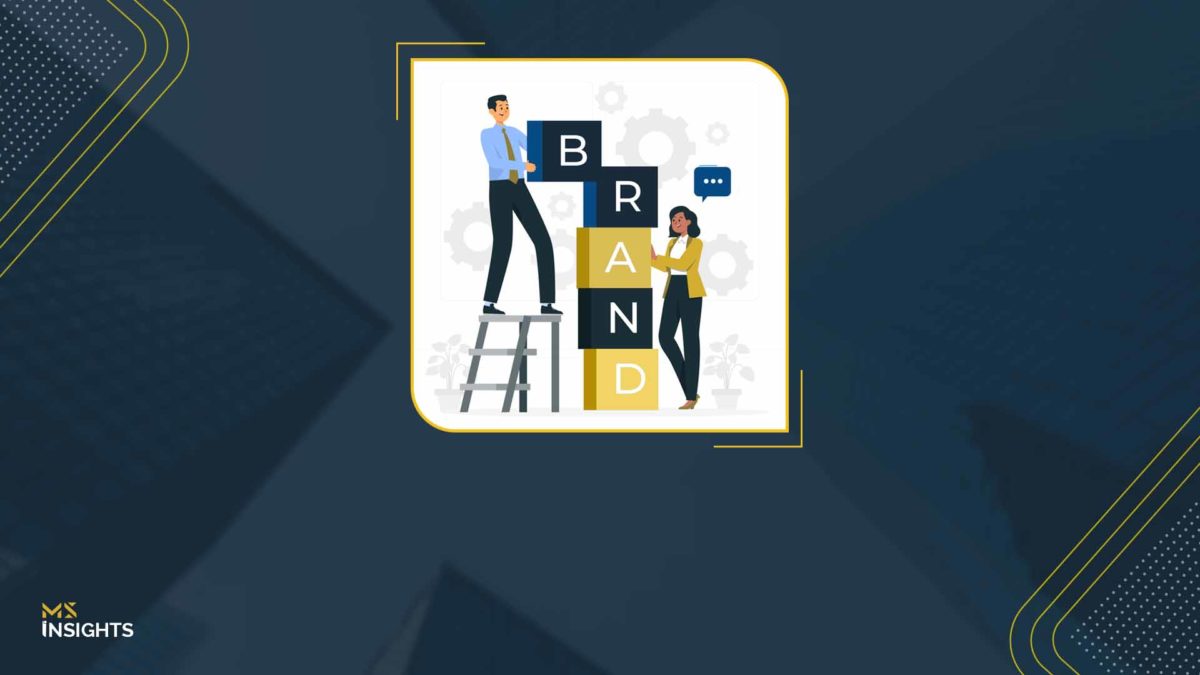Dubai’s rise to the top of global wealth centres, ranked first in the MEASA region and among the world’s top 22 cities for high-net-worth individuals in 2023, reflects its powerful appeal to the world’s wealthiest. With over 68,500 HNWIs and a strategic blend of political stability, business-friendly policies, competitive tax advantages, and exceptional lifestyle offerings, Dubai is an ideal destination for those seeking to protect and grow their wealth.
DIFC foundations provide just that—an innovative solution to safeguarding and managing your assets across borders. However, the process begins with ensuring you have the right documents in place. From foundational paperwork like the KYCs and foundation charter to supporting details such as beneficiary lists and governance structures, each document plays a crucial role in shaping the foundation’s purpose and compliance. Before tackling documentation, revisit our blog on 7 Critical Steps to Set Up DIFC Foundation for Secure Wealth Planning to see the entire process.
Now, let’s take a look at the key documents you’ll need to get started for the DIFC foundation setup.
1. Identification Documents
To comply with the DIFC’s stringent anti-money laundering (AML) and know-your-customer (KYC) regulations, valid identification is required for all individuals involved in the foundation.
What You’ll Need:
Passport Copies: A clear, valid copy for all founder(s), council members, and officers.
Proof of Address: Recent utility bills, bank statements, or official letters verifying the residential address of each individual.
2. The Foundation Charter
The foundation charter is the primary document of your DIFC foundation. It defines the entity’s identity and operations.
What Should the Charter Include?
Purpose of the Foundation: A clear statement outlining the reasons for its establishment, such as family wealth management, charitable giving, or business succession planning.
Governance Structure: The management framework, detailing the roles of council members and officers.
Classes of Beneficiaries: Identification of who will benefit from the foundation—specific individuals, groups, or charitable causes.
Administrative Procedures: Guidelines for how the foundation will operate, including processes for decision-making and financial management.
Dissolution Process: Clear instructions on what will happen to the foundation’s assets if it is dissolved, ensuring transparency and legal compliance.
The foundation charter serves as the cornerstone for incorporation and must comply with DIFC regulations.
3. By-Laws (Optional but Recommended)
By-laws are supplementary rules and procedures that provide additional clarity for managing the foundation. While not mandatory, they can address specific operational details such as:
- Procedures for appointing and removing officers or council members.
- Guidelines for asset distribution and investment strategies.
- Conflict resolution mechanisms.
- By-laws are particularly helpful for complex foundations with multiple stakeholders or extensive assets.
4. Council Members and Officers’ Details
The foundation’s management team plays a critical role in the DIFC foundation setup. The DIFC requires detailed information about all council members and officers, including:
Full Names and Contact Information: Phone numbers and email addresses for seamless communication.
Residential Addresses: For regulatory and correspondence purposes.
Defined Roles and Responsibilities: Clearly stated duties for each member to avoid any ambiguity.
By providing these details, the foundation establishes its accountability and operational structure.
5. Statement of Purpose
A well-drafted statement of purpose is essential for the DIFC foundation setup. This document provides a concise and lawful outline of why the foundation is being established and what it aims to achieve.
Key Considerations:
- Ensure the purpose aligns with DIFC regulations.
- Articulate the objectives clearly to avoid any legal or operational challenges.
- Reflect the founder’s intent, whether it’s protecting family assets, supporting charitable causes, or facilitating business objectives.
6. Resolution of the Founder
The founder’s resolution is a formal declaration that officially establishes the DIFC foundation setup. It includes:
- Approval of the Foundation Charter: The founder’s consent to the charter’s terms.
- Approval of By-Laws (if any): If by-laws are adopted, this resolution ensures they are recognized as binding.
This document symbolizes the founder’s commitment to the foundation’s establishment and governance framework.
7. Application Form
The application form provided by the DIFC Registrar of Companies consolidates all relevant information about the foundation. This completed form, along with the supporting documents, is submitted to initiate the incorporation process.
Common Information Required:
- Name of the foundation.
- Details of the founder(s).
- Summary of the foundation’s purpose.
- Administrative and governance details.
The DIFC foundation setup allows you to leverage all the benefits of Dubai ensuring that your wealth is safeguarded in one of the most attractive and stable financial environments in the world. Whether your focus is on wealth management, succession planning, or asset protection, this offers the ideal framework to secure your legacy and thrive in a rapidly evolving global wealth landscape.
MS to Secure Your Legacy with DIFC Foundation Setup
At MS, we provide expert services to help the DIFC foundation setup and management, ensuring your wealth is protected and structured for the future. From drafting foundation charters to managing all required documentation, we make the process seamless and compliant with DIFC regulations. Our team offers tailored advice on succession planning, asset protection, and cross-border wealth management, helping you safeguard your legacy in one of the world’s leading financial hubs.
